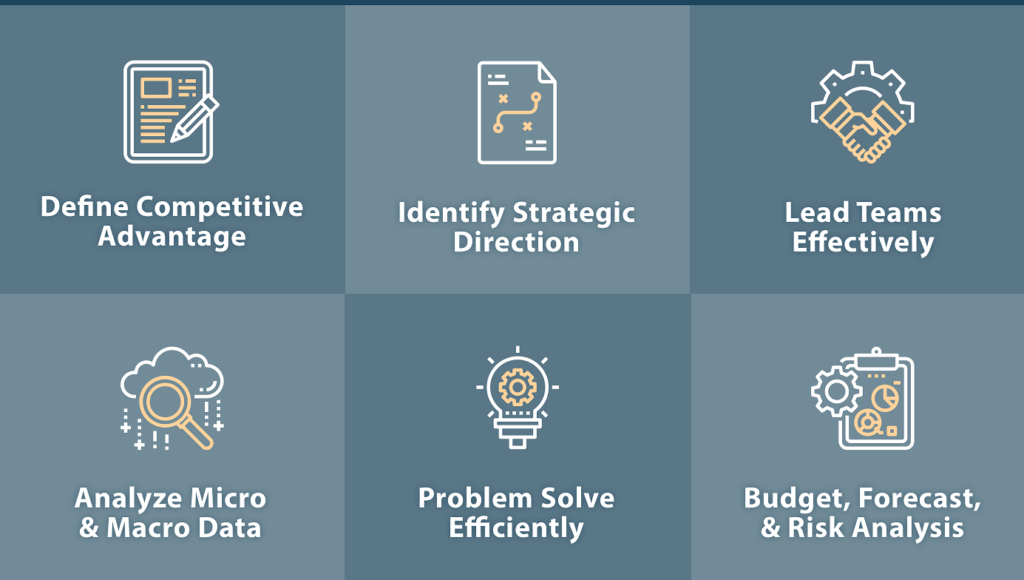Introduction to MBA and its Benefits for Experienced Professionals
Are you an experienced professional contemplating the next step in your career? If so, you’re not alone. Many seasoned individuals are exploring the idea of pursuing an MBA. The landscape of business is constantly changing, and with it comes new opportunities for growth and advancement. An MBA can be a powerful tool to elevate your skill set and open doors that may have previously seemed out of reach.
But what exactly makes this degree appealing to professionals like you? Is it merely a trend, or does it offer tangible benefits that can transform your career trajectory? In this guide, we’ll dive into the compelling reasons why an MBA could be the key to unlocking your full potential. Whether you’re looking to climb the corporate ladder or pivot in a new direction, understanding the value of an MBA can provide clarity in making this significant decision. Let’s explore how this advanced degree could reshape your future!
Why MBA is a Popular Choice for Experienced Professionals
An MBA has become a sought-after qualification for seasoned professionals. Many choose it to enhance their skill sets and broaden their knowledge base. With the business landscape constantly evolving, an advanced degree can provide insights into new trends and strategies.
Networking opportunities also play a significant role in its popularity. An MBA program connects individuals with like-minded peers and industry leaders, fostering valuable relationships that can lead to career advancement.
Moreover, an MBA is often perceived as a ticket to leadership roles. It equips professionals with essential management skills necessary for navigating complex organizational structures. This credential not only boosts confidence but also positions graduates favorably among employers looking for strategic thinkers.
The flexibility of many programs allows experienced workers to balance education with ongoing career responsibilities. This adaptability makes pursuing an MBA more accessible than ever before.
How an MBA Can Help Advance Your Career

An MBA can be a transformative step for experienced professionals. It equips you with essential skills that are crucial in today’s competitive job market.
You gain expertise in areas such as finance, marketing, and strategic management. These insights allow you to make informed decisions and drive business success.
Moreover, an MBA expands your professional network. You connect with peers, industry leaders, and alumni who can open doors to new opportunities.
Employers often view an MBA as a mark of dedication and ambition. This perception enhances your credibility within the workplace.
Additionally, many programs emphasize real-world case studies and projects. This practical experience prepares you to tackle complex challenges head-on.
With these advantages combined, the potential for career advancement becomes significant. Many graduates report quicker promotions and higher salaries following their degree completion.
Factors to Consider Before Pursuing an MBA as an Experienced Professional
Before diving into an MBA program, experienced professionals should weigh several critical factors.
First, consider your career goals. Are you aiming for a specific role or industry? Understanding your objectives will help tailor your studies and networking efforts.
Next, evaluate the time commitment. Balancing work and study can be challenging. Determine if you’re ready to juggle both responsibilities effectively.
Financial implications are also significant. Tuition fees can be substantial, so assess whether the investment aligns with your expected return in salary or position advancement.
Additionally, think about the program’s format—full-time, part-time or online options exist. Choose what best fits your lifestyle and learning preferences.
Research potential schools thoroughly. Look for programs that align with your values and offer robust alumni networks to support future opportunities.
Tips for Crafting a Strong
Crafting a strong MBA application can be the key to unlocking new opportunities. Start by clearly articulating your professional goals. Reflect on what you want from the program and how it aligns with your career path.
Next, showcase your unique experiences. Highlight leadership roles or projects that demonstrate initiative and impact. Admissions committees appreciate candidates who bring diverse perspectives.
Don’t forget about recommendations. Choose referees who truly know you and can speak to your strengths in detail.
Tailor your essays for each program. Research their values and culture to ensure that your narrative resonates with their mission. Authenticity is crucial; let your personality shine through while maintaining professionalism.
Real-Life Examples of Successful
Many successful professionals attribute their achievements to an MBA. Take Indra Nooyi, for instance. After earning her degree from Yale, she climbed the ranks at PepsiCo and became CEO. Her leadership transformed the company’s focus on healthier products.
Another inspiring example is Satya Nadella, who obtained his MBA from the University of Chicago. Under his guidance as Microsoft’s CEO, he revitalized the company’s culture and led it into cloud computing success.
Then there’s Sheryl Sandberg, whose Harvard MBA propelled her to critical roles at Google and Facebook. She has become a leading voice in tech and business leadership.
These individuals demonstrate how an MBA can equip experienced professionals with vital skills needed for significant corporate transformations. Their stories highlight that with determination and education, ambitious careers can reach new heights.
You Might Also Like:
- Discovering Yellow Roundhouse Katie: Insights and Fun Facts
- Unlocking the Secrets of Ancient Artz
- What Are the Benefits of Using Moszacos Lipstick Moisturizing?
Conclusion: Is an MBA the Right Choice for You?
Deciding whether to pursue an MBA is a significant choice for experienced professionals. It involves weighing the potential benefits against personal and professional goals. An MBA can open doors to new opportunities, enhance your skill set, and boost earning potential.
However, it’s essential to consider factors like time commitment, financial investment, and program fit before diving in. Reflect on where you see yourself in the next few years. Will an MBA align with that vision? Speak with alumni or current students to gauge their experiences.
Your decision should resonate with your career aspirations and lifestyle choices. Whether you choose to embark on this journey or not depends on how well an MBA aligns with your future objectives.

